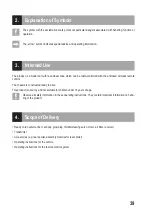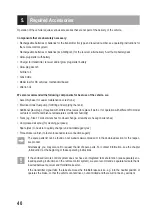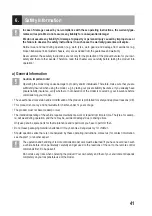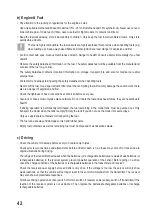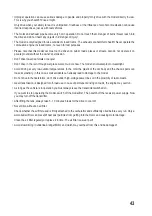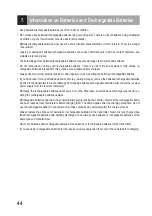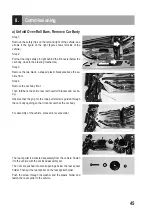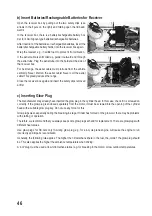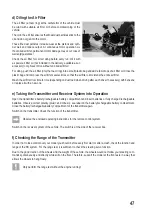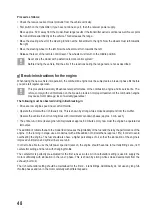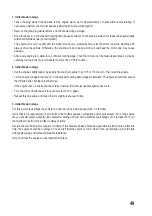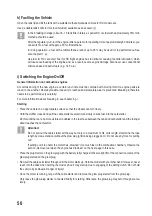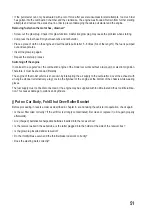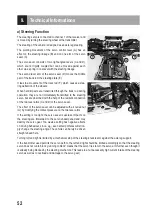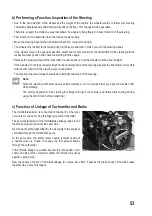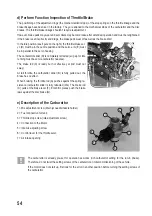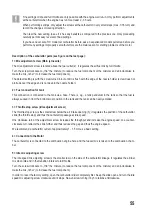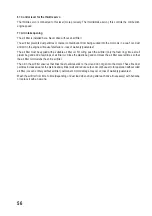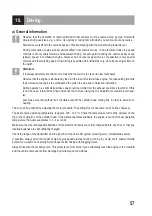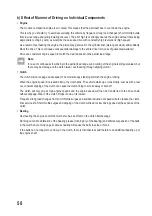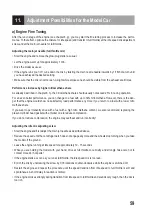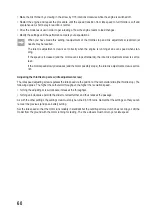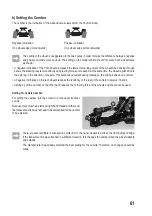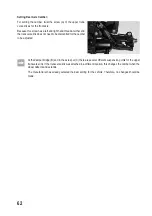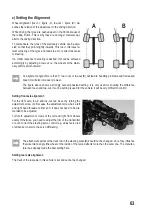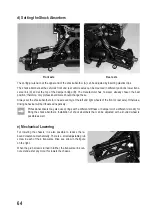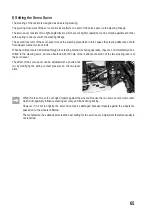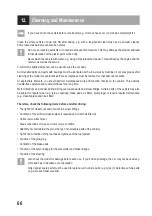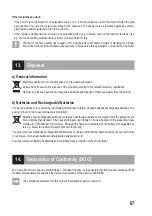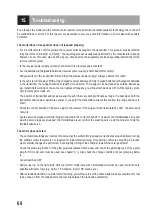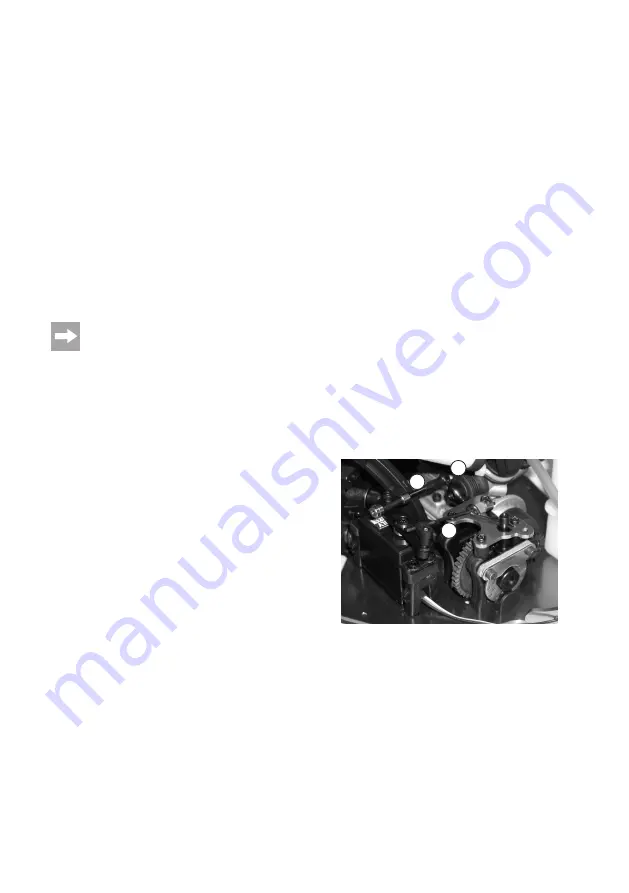
53
b) Performing a Function Inspection of the Steering
• Due to the good traction of the wheels and the weight of the vehicle, the wheels would not follow your steering
commands spontaneously and directly while still on the floor. This changes during operation.
Therefore, support the model in a way that allows the wheels to hang freely to inspect function of the steering.
• First switch on the transmitter, then the receiver power supply.
• Move the steering wheel at the transmitter (channel 1) to the left and right.
• The wheels must deflect to the left and right (in the same direction in which you turn the steering wheel).
If the wheels move in the opposite direction, switch the reverse function at the transmitter for the steering into the
respective other position and check the starting function again.
• Release the steering wheel at the transmitter (neutral position); now the wheels must be about straight.
If the wheels do not stop precisely straight in the neutral position of the steering wheel at the transmitter, correct this
with the trim function of the steering at your transmitter.
The steering wheel end stops should lead to left/right end stops of the steering.
Note:
Since the steering mechanics have a certain tolerance, it is not required that you align the wheels 100%
while standing.
The precise alignment of the steering for straight driving of the vehicle is performed later during driving,
using the trim function at the transmitter.
c) Function of Linkage of Carburettor and Brake
The throttle/brake servo is connected to channel 2 of the recei-
ver and is moved by moving the finger grip at the transmitter.
The special placement of the throttle/brake linkage leads to two
functions being carried out at the same time.
By moving the carburettor slide (B), the air supply to the engine is
controlled through the throttle linkage (A).
At the same time, the idling nozzle needle (conical needle of
a needle valve) is moved to change the fuel amount flowing
through the carburettor.
If the throttle linkage is pushed beyond the idle position (me-
chanic end stop of the carburettor slider), the throttle rod pushes
against a spring stop.
Now the sphere of action of the brake linkage (C) comes into effect; it pushes the brake shoes of the disk brakes
together via an eccentric tappet.
B
A
C
Summary of Contents for 490150
Page 142: ...142 ...
Page 143: ...143 ...

